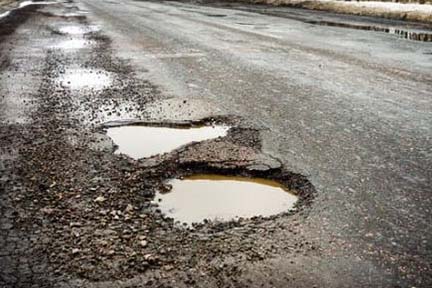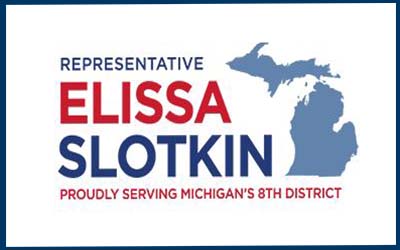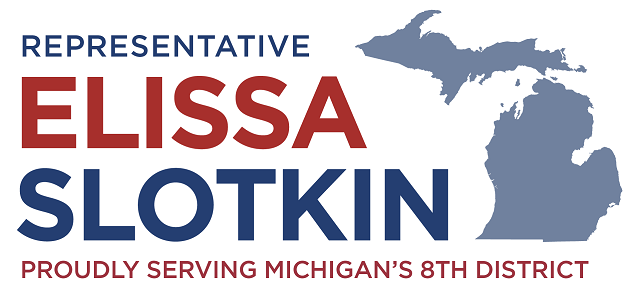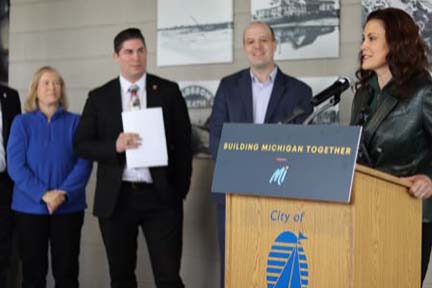The MHSAA Representative Council made some huge moves on Tuesday morning.
The League approved several new measures last week at their winter meetings. Some of which are huge changes.
The League approved a basketball resolution going from 20 games to 22 basketball games and cut down on preseason practice time from 21 days to 14 days.
“Thank you to the MHSAA Representative Council on approving 22 games for next season. The BCAM (Basketball Coaches Association of Michigan) leadership has made it a top priority for many years. Today is a great day for the coaches and players in the State of Michigan.” said BCAM Executive Director Dan Young on Twitter.
Other proposals that were approved included postseason divisions that are more reflective of the number of schools that actively sponsor teams for that season.
In football, teams can opted up a division after the spring release of the annual classifications. It will be a two year thing and require the Executive Committee’s approval. The school would then need to show proof why they want to move up a division.
In hockey, there will be a 2,000 student increase in Co-Op programs which will allow 5,500 students for hockey only.
In track and field, those that are in a wheelchair can compete in the 100, 200, 400, and shot put for the tournament season.
In swimming, there will be a 100 yard freestyle race that will be added to the state finals for Paralympic athletes.
In baseball and softball, the districts will be allowed to start the week before Memorial Day.
Thoughts
I like the basketball move from 20 to 22 games. It’s a long time coming in my opinion. It gives more teams the chance to play more games before the postseason.
I also like the wheelchair events for track and field student-athletes. It gives them a chance to compete and showcase their talents. It brings inclusion to the fold.
In Football, moving up a division is going to be very interesting to watch and see. I’ll be curious to see which teams want to move up.
I think that will help. In all it makes sense and the Representative Council did the right thing heading into this spring and next season.
Stay tuned to OAA Now for the latest on this developing story.
Here is the article from the MHSAA.











